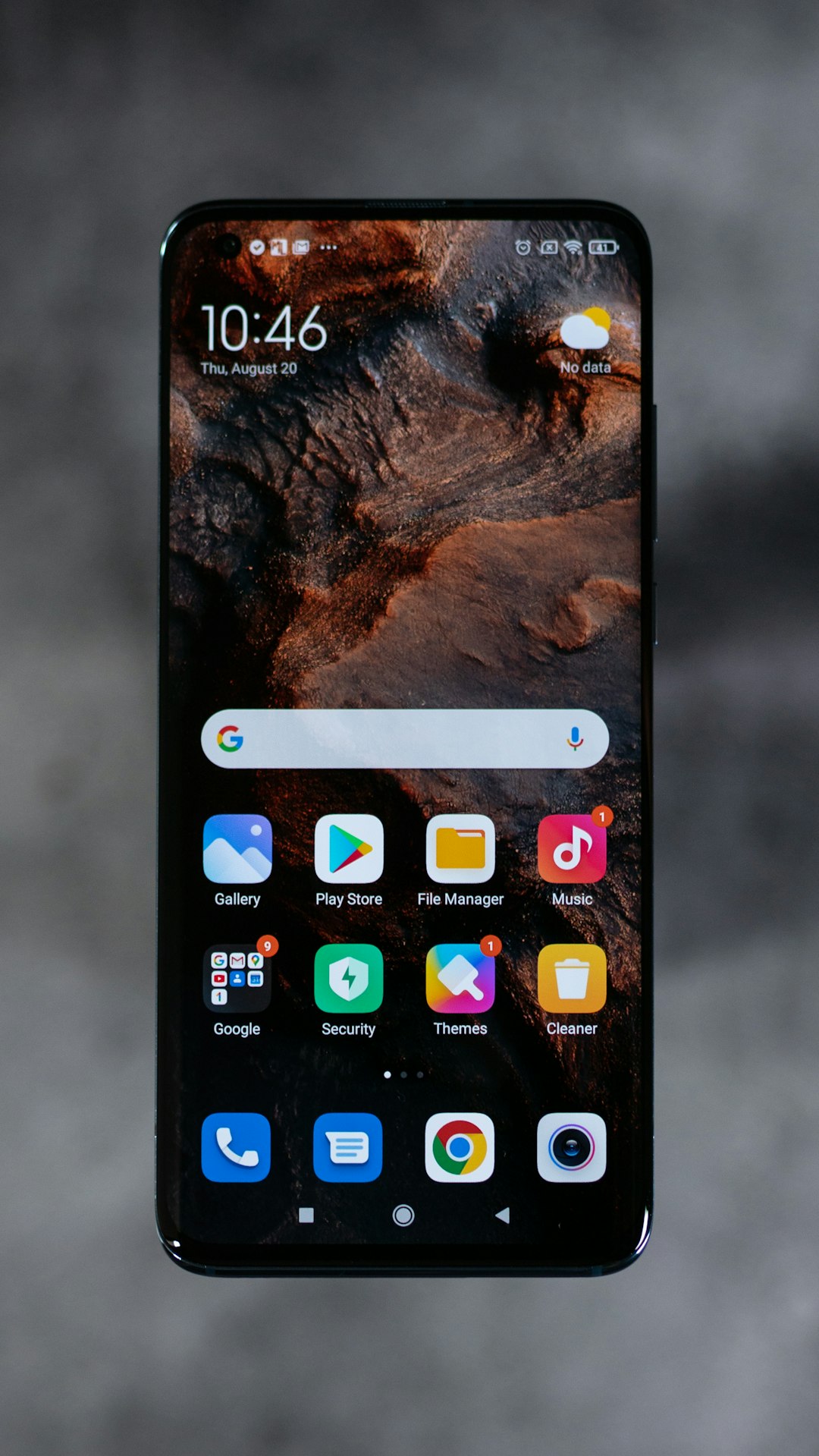The Telephone Consumer Protection Act (TCPA) protects Nebraskans from unwanted robocalls and nuisance calls, offering legal recourse against violators. If you're experiencing persistent robocalls in Omaha, a robocall attorney Nebraska can help understand your rights, file complaints, and take action to stop harassing calls. These attorneys specialize in navigating TCPA complexities, ensuring your rights are upheld and providing options like legal action or negotiations for compensation.
In the digital age, Omaha consumers are increasingly burdened by unwanted robocalls and automated messages. The Telephone Consumer Protection Act (TCPA) is a federal law designed to protect Nebraskans from these intrusions, limiting how businesses can contact residents via phone. This article explores the TCPA’s provisions, focusing on robocalls and automated calls, and empowers Omaha consumers with knowledge of their rights against aggressive robocall attorneys. Understanding your legal protections is key to navigating this modern-day enigma.
What is the TCPA and How Does it Protect Nebraska Consumers?

The TCPA, or Telephone Consumer Protection Act, is a federal law designed to safeguard consumers from unwanted and abusive telephone practices. This legislation plays a crucial role in protecting Nebraskans from intrusive robocalls and other forms of nuisance calls. By implementing strict rules on telemarketing activities, the TCPA ensures that residents can enjoy their phone communications without constant interruptions or malicious attempts to sell products or services.
The law grants consumers the right to silence unwanted calls and provides legal recourse against violators. If you’re a Nebraska resident who has been disturbed by incessant robocalls from telemarketers or other unknown numbers, you have rights under the TCPA. A robocall attorney in Nebraska can help you understand your protections, file complaints, and take necessary actions to stop these harassing calls from disrupting your daily life.
Robocalls and Automated Calls: Understanding Legal Boundaries

Robocalls and automated calls have become a ubiquitous part of modern communication, but they also present legal challenges for consumers. In Omaha, as across the nation, the Telemarketing Consumer Protection Act (TCPA) sets strict rules to protect individuals from unwanted or deceptive telemarketing practices. When it comes to robocalls, the TCPA prohibits automated dialers from calling phone numbers on the National Do Not Call Registry without prior express consent. This means that if you’ve registered your number with the registry, any automated calls could subject the caller to significant legal repercussions, including treble damages and attorney fees.
Moreover, the TCPA provides consumers with the right to sue for damages caused by harassing or unsolicited calls. A robocall attorney in Nebraska can help navigate these complex laws and advise clients on their rights. They can also represent individuals who have been affected by violative robocalls, ensuring that caller accountability is maintained and consumers are compensated for any distress or financial loss incurred due to illegal telemarketing activities.
Seeking Legal Advice: Your Rights as an Omaha Consumer Against Robocall Attorneys

If you’re an Omaha consumer frustrated by relentless robocalls, understanding your rights under the Telephone Consumer Protection Act (TCPA) is crucial. The TCPA limits how businesses and robocall attorneys can contact you, providing significant protections against unsolicited calls. When dealing with suspected violators, seeking legal advice from a qualified Nebraska robocall attorney is a critical step. They can help navigate the complexities of the TCPA and ensure your rights are upheld.
Attorneys specializing in robocall cases can provide valuable insights into your options, including filing complaints, pursuing legal action, or negotiating with call centers to stop the calls. Their expertise ensures you receive just compensation for any harassment or invasion of privacy caused by unwanted robocalls. Remember, knowledge is power, and understanding your rights is the first step towards protecting yourself from abusive calling practices.






